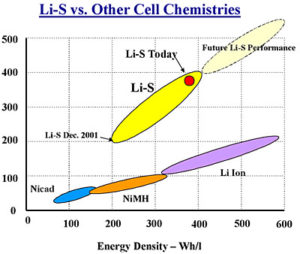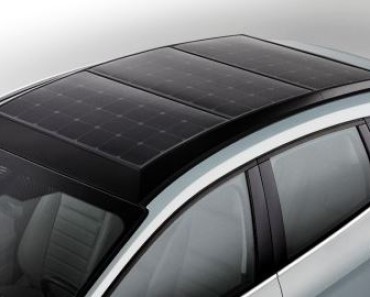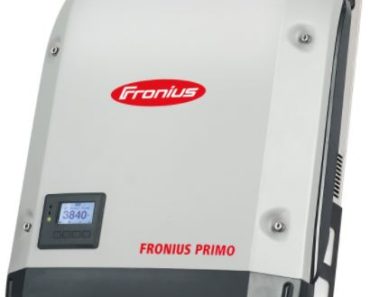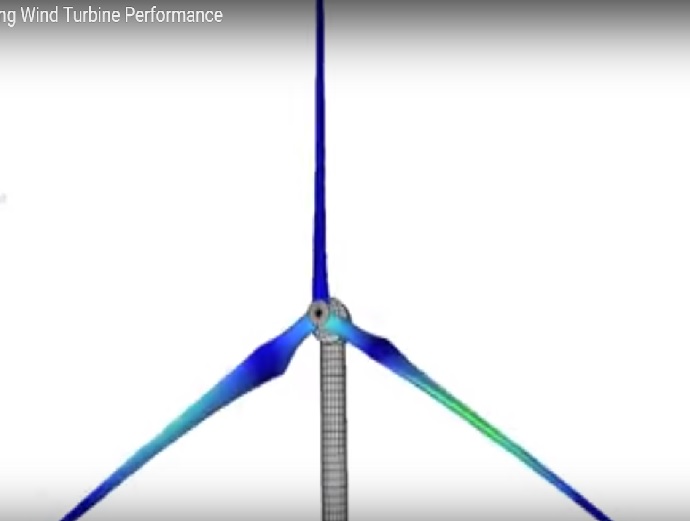Lithium Sulfur (Li-S) Technology is on the cusp of commercialization. The technology has been deemed to have one of the highest demonstrated specific energy 500 Wh/kg. Note that the highest demonstrated specific energy for other conventional Li-ion technologies is almost half i.e. 250 Wh/kg. At present, there are 14 different chemistries that are being researched under the Lithium Sulfur umbrella.
It is also the cost of the Lithium Sulfur battery that is very attractive. Currently the cost for manufacturing is 200 dollars/ kWh. This is very low in comparison to other technologies given the low scale of lithium sulphur battery production. It has been reported that once the price of batteries hits below $100 per kWh, than electric car will reach the tipping point. That is, it is when buying electric cars will be far more lucrative than an IC engine car.
Sony has announced that it will commercialize the technology by the year 2020. OXIS a British concern, recently reported reaching energy density of 400 kWh/kg. This was an improvement to their previous development of 350 kWh/kg in 2015.
The cells that have been developed by OXIS are being tested at the moment internally. The applications have been in the automotive, defence and space sectors.
Lithium Sulfur batteries have already been successfully tested by Airbus in prototype High Altitude Pseudo-Satellite (HAPS) aircraft. The aircraft was powered by solar energy during the day and by lithium sulfur batteries during the night. The aerial vehicle in real life conditions during an 11-day flight.
Key Issues with Lithium Sulfur
There are problems however with Lithium sulphur batteries. The charge cycles have been much lower compared to traditional Li-ion batteries. Although there is a certain type of Li-S battery for which 1500 cycles have been demonstrated. Lithium Sulfur batteries also tend to degrade when recharged. It is also interesting to note that there is no volumetric advantage for using Li-S battery as compared to conventional Li-ion battery. This is because although sulphur is lighter than other cathode materials but it requires more space. Thus the Lithium sulphur battery is lighter for a comparable li-ion battery of the same size but does not store more charge than that battery.
Please feel free to share this article using the buttons below.







